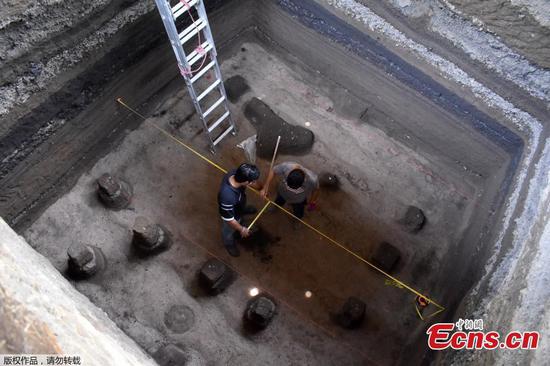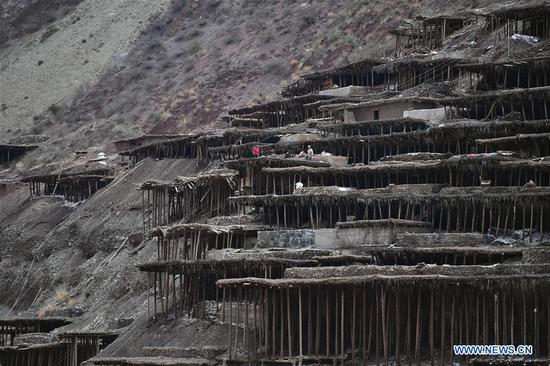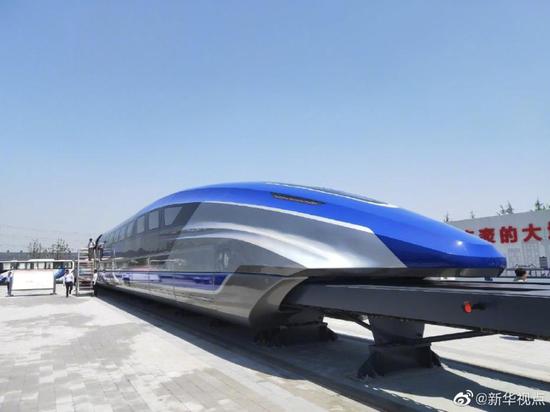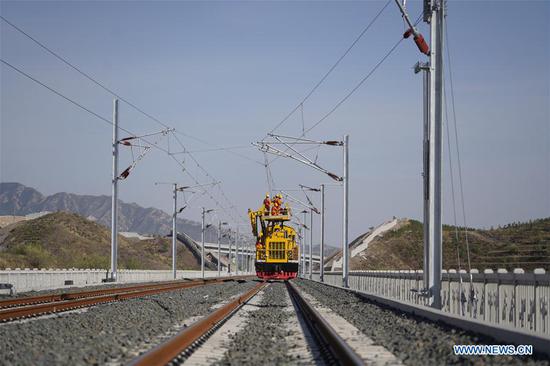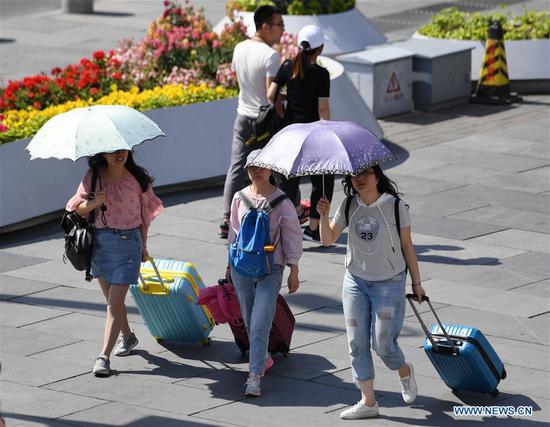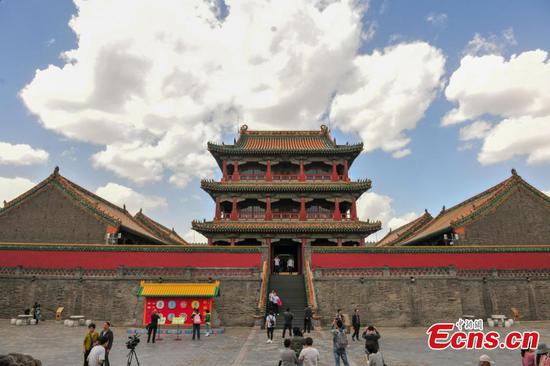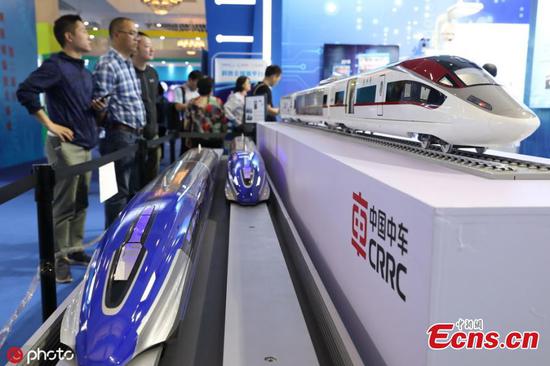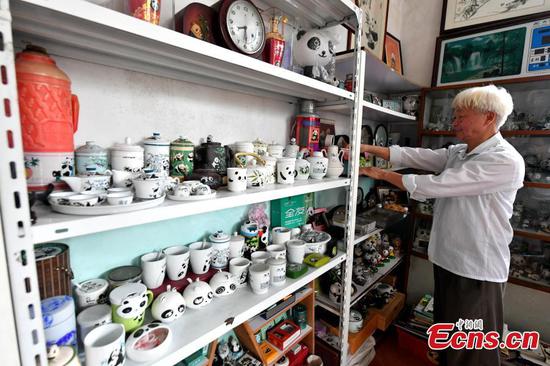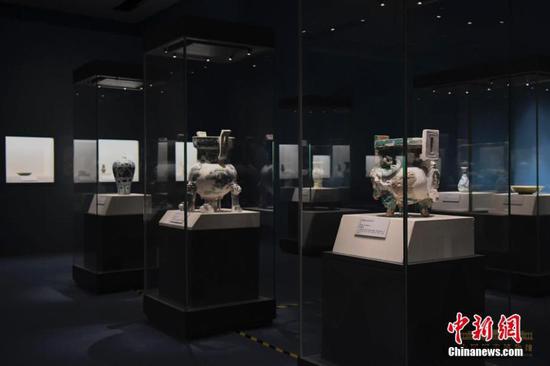10 new interprovincial agreements focus on travel, research and hospitals
Local governments in the Yangtze River Delta have accelerated regional integration as interprovincial cooperation in various fields was announced on Wednesday.
At the first development forum on Yangtze River Delta integration in Wuhu, Anhui province, 10 agreements were signed by related government departments. They include the removal of toll booths on interprovincial highways, the building of an alliance of research universities and the further inclusion of hospitals into a cross-provincial medical insurance system.
"In regional integration, cooperation should be made in all aspects, such as in industries, infrastructure, environment and public service," Li Qiang, Party chief of Shanghai, said at the forum. He added they should make the region attractive for "global resources, funds, technology and talent".
The metro systems in seven cities, including Shanghai, Hangzhou and Nanjing, will recognize other cities' payment codes on their respective mobile apps, marking the first integration of this kind in China.
Regardless of their household registration, people living in 14 cities in the region will be able to access 51 services on different provincial governments' online portals. The services cover registering a new business, applying for a social security card, and looking up marital records.
Chen Xiaojian, director of the Yangtze River Delta strategy research center for frontier science and technology, told Xinhua, "More than 85 cities in the delta are connected by high-speed rail, and the longest intercity travel time costs less than 3 hours."
"Further integration will help professionals and entrepreneurs to commute within the region more easily."
An exchange-traded fund of Yangtze River Delta integration was released at the forum. The product was designed by China Universal Asset Management Co and will be traded on the Shanghai Stock Exchange. It will invest in 180 companies that reflect the industrial advantages of the region, according to China Fund Newspaper.
In addition, a cooperation agreement on building an integrated regional transaction market for oil and gas was signed by Shanghai and Zhejiang government agencies and WZ Group, a Hangzhou-based company offering supply chain integration services.
Comprising Shanghai and the provinces of Jiangsu, Zhejiang and Anhui, the Yangtze River Delta had a population of 220 million and a combined GDP of 21.2 trillion yuan ($3.06 trillion) in 2018. The regional integration plan has been elevated to a national strategy.










